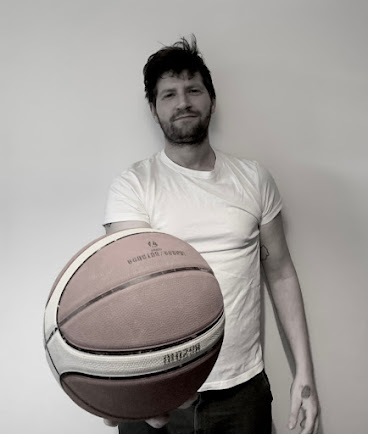Rekindle - supporting young people aged 16 - 25
to improve their mental health and wellbeing
by Jodie Hughes
Service Delivery Manager
We were thrilled to kick off 2024 in our new location in Newtown, just a stone's throw from our previous building. The new facility provides a warm and welcoming atmosphere for young people including outside space, a communal area for activities and three therapy rooms allowing us to expand our capacity offering more appointments to young people.
We have recruited a larger team to help us to meet demand for our counselling services, one-to-one support and to develop our activities programme.
Our counselling service remains person-centred, meaning the sessions are guided by our clients, giving them the power to talk about the things they want to. After receiving counselling sessions with our team, a young person shared:
"I'm super-duper grateful for all the help and support. It's really improved my life."
Our one-to-one recovery team continue to support clients with housing, finances, employment, education, health, self-confidence, friendships, relationships, self-care, life skills, resilience, and more! One of the young people who uses the service shared:
“A friend is in need of help, and I told them to come straight here, as you actually help”.
“A friend is in need of help, and I told them to come straight here, as you actually help”.
.jpg) |
| Rachel Wright (Lead Recovery Practitioner), Jodie Hughes (Service Delivery Manager / Counsellor) and Robin Brierly (Chair of Rekindle) with local Police Community Support Officers. |
Anyone can make a referral to our services by completing our referral form available on our website or by speaking to a member of the team.
Want to know more about Rekindle?
Follow us on social media:
Facebook rekindlecharity
Instagram @rekindle.charity
Linked-in REKINDLE CHARITY
Visit our website – www.rekindle.org.uk
Speak to our team – 01686 722 222
Check out our new space: 2-3 Ladywell Centre, Newtown, Powys SY16 1AF
.jpg)
.jpg)
.jpg)
.jpg)
.jpg)
.jpg)
.jpg)

.jpg)






.jpg)
.jpg)
.jpg)
.jpg)
.jpg)
.jpg)
.jpg)
.jpg)
.jpg)
.jpg)